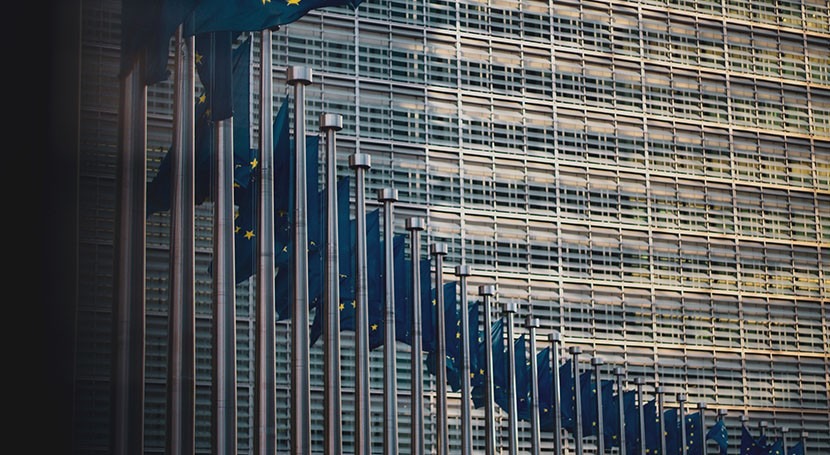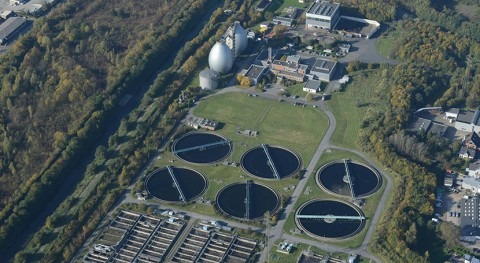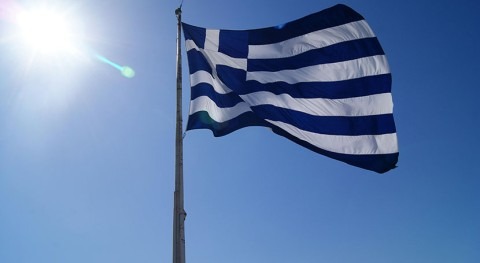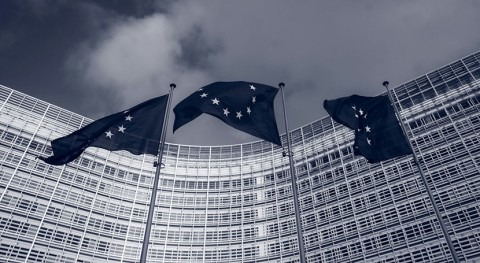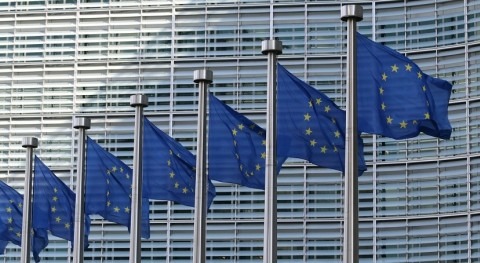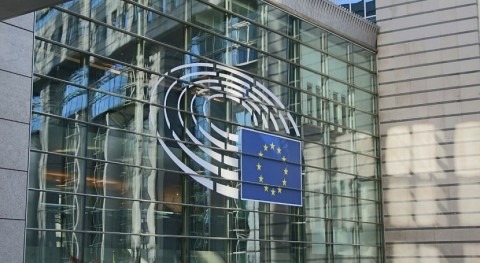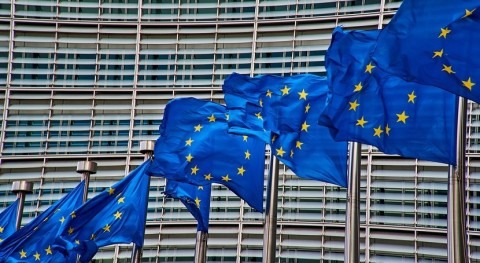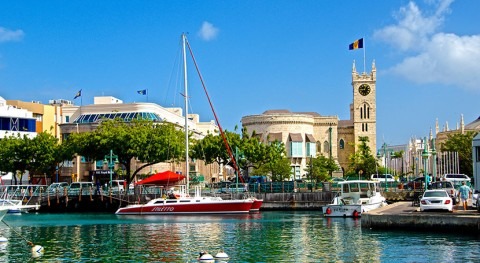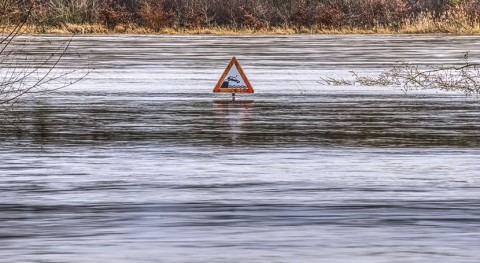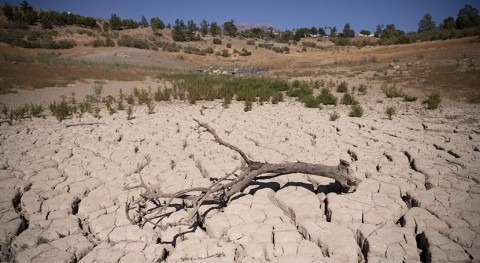Water, energy and food are essential for human well-being, poverty reduction and sustainable development. Projections suggest that the demand for freshwater, energy and food will rise due to demographic changes, economic development and international trade, amongst others.
Climate change puts an additional stress on water availability and quality, and causes extreme events (floods /droughts) that have severe socioeconomic and environmental consequences. Actions to mitigate and adapt to climate change and variability can have strong implications for the surface and ground water system and its users. Changes in energy usage and types of energy production (for example, fossil fuels replaced by hydropower or biofuels) affect water usage and impact agricultural production. The resulting conflicts in the allocation of water and between the water, energy and food sectors, cause additional concerns for the sustainable management of surface and ground water bodies, especially the transboundary ones, where a very large proportion of the world's population lives.
Addressing the strong nexus between water, climate, energy and food is essential to achieve the objectives of the European Green Deal
Addressing the strong nexus between water, climate, energy and food is essential to achieve the objectives of the European Green Deal, which aims at making the EU's economy sustainable by turning climate and environmental challenges into opportunities across all policy areas. The Green Deal roadmap proposes actions to boost efficient use of resources by moving to a clean and circular economy, achieve climate neutrality, revert biodiversity loss, cut pollution and provide a fair, healthy and environmental-friendly food system. Water is a key element in all these actions. A climate-water-energy-food nexus will help to address these complex and interlinked challenges by exploiting available synergies across all policy areas of the European Green Deal, maximise coherence and promote positive trade-offs between different policies.
The EU’s research and innovation programme, Horizon 2020 (2014-2020) has supported several projects to assess the water-energy-food nexus at various geographical scales and from a systemic point of view.
The following projects provide interesting insights for policy implementation:
- SIM4NEXUS: Sustainable Integrated Management for the NEXUS of water-land-food-energy-climate for a resource-efficient Europe
- DAFNE: Use of a Decision-Analytic Framework to explore the water-energy-food Nexus in complex and trans-boundary water resources systems of fast growing developing countries.
- MAGIC: Moving Towards Adaptive Governance in Complexity: Informing Nexus Security
The last 2020 work programme of the Horizon 2020 Societal Challenge “Climate action, environment, resource efficiency and raw materials” included a dedicated call aiming to enhance knowledge and best practices in climate-water-energy-food nexus assessment and management and help create critical mass on capacity to innovate.
The three selected projects from this call will soon start :
- NEXOGENESIS: Facilitating the next generation of effective and intelligent water-related policies utilising artificial intelligence and reinforcement learning to assess the water-energy-food-ecosystem nexus
- REXUS: Managing resilient nexus systems through participatory systems dynamics modelling
- GoNEXUS: Innovative tools and solutions for governing the water-energy-food-ecosystems nexus under global change
Additional projects have been supported in the context of the Partnership on Research and Innovation in the Mediterranean Area (PRIMA) and the ERANET Sustainable Urbanisation Global Initiative (EN-SUGI).
- PRIMA is an initiative created under Horizon 2020. Its main objective is to devise new research and innovation approaches, including the complex interface between water, energy, food and ecosystems, to improve water availability and sustainable agriculture production in the Mediterranean region, heavily distressed by climate change, urbanisation and population growth.
- By linking the activity of the Joint Programming Initiative (JPI) Urban Europe and the Belmont Forum (BF), EN-SUGI aims to develop solutions to help cities around the globe to meet the needs of their citizens with respect to food, energy and water.


